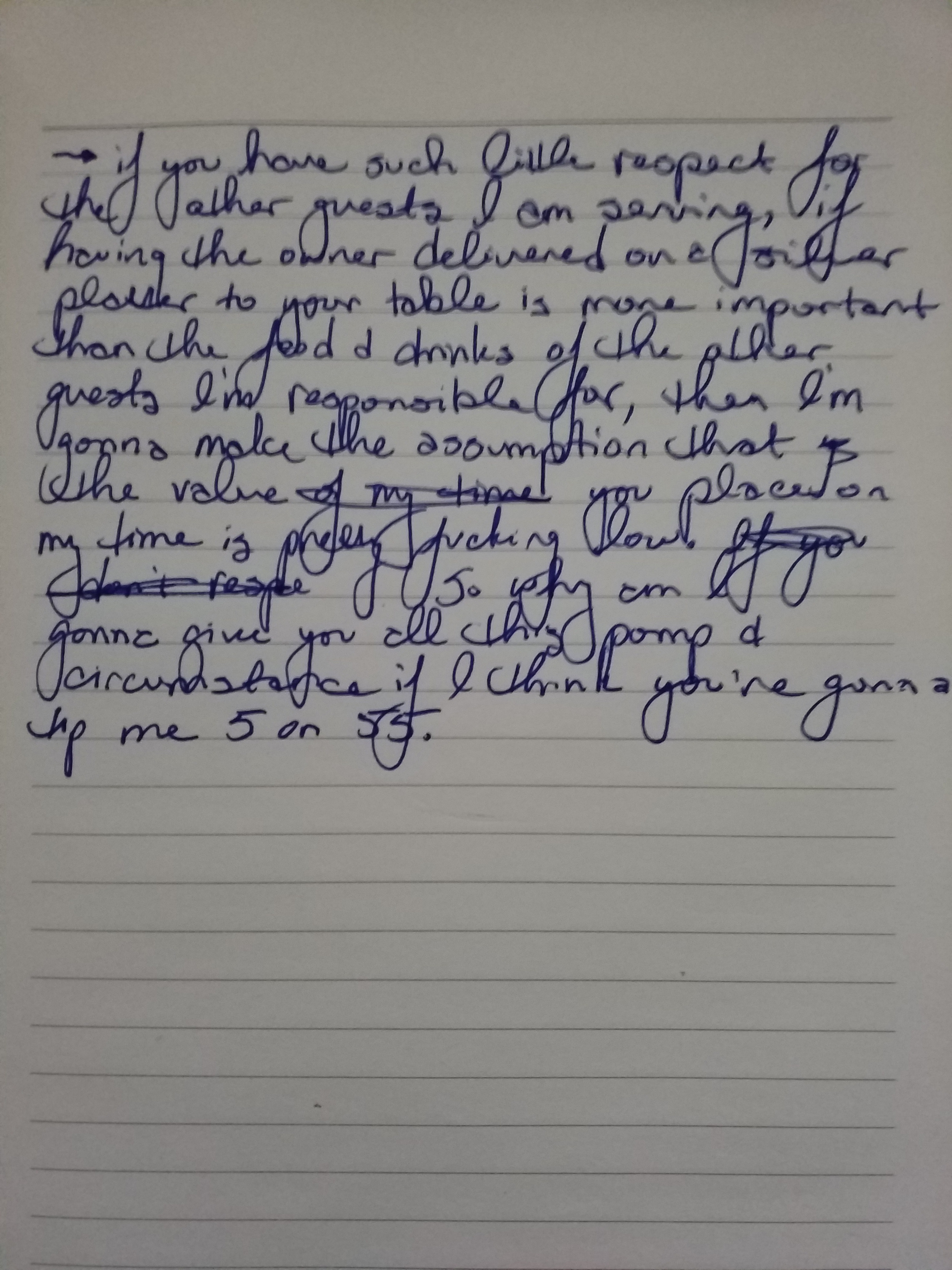I’ll see it when I believe it : I think therefore I am.
I’ll believe when I see it : I’m seen therefore I am.
_____________________________________________
“I’ll believe it when I see it,” say the lesser apes.
“You’ll see it when you believe it,” you said.
Cogito, ergo sum.
What René Descartes is remembered as saying.
Je pense, donc je suis.
How Descartes first wrote it.
I think therefore I am.
(tautological?)
“Whatever I have up until now accepted as most true I have acquired either from the senses or through the senses.” (7:18 Principles)
But Descartes feared a deceptive God or an evil eternal deceiver.
Could he trust the apprehensions of his physical senses?
He could not disprove that his sensations were not the result of deception; so he dove into doubt. How is sensation different from perception?
“We have a true or genuine perception of something if, when we consider it, we cannot doubt it…In the face of genuine clear and distinct perception, our affirmation of it is so firm that it cannot be shaken, even by a concerted effort to call those observed things into doubt. (7:145 Meditations)
Descartes tried to free us from “I’ll believe it when I see it.” He tried to disavow the authority and immediacy of knowing the world through sense and sensations. He did not believe that his five senses could apprehend truth in a way that overcame his doubt.
He found doubt and did not believe.
His belief was not dependent on sensual stimulation.
I’ll see it when I believe it.
I think therefore I am.
Perceptions that I cannot find a scrap of a reason to doubt, may be genuine.
So, we doubt the hell out of everything; and, if we exhaust every doubt of which we may conceive, we firm up our grasp of reality. Through dint of doubt, all doubt is removed. This is intellect.
“I think.” He couldn’t find a doubt about it, so he allowed his capacity for thought and doubt to validate his existence- that he “is.”
His sensations could be virtual reality, so he doubted what he saw.
When he had no doubt that he “thought”, he then believed he truly “was.”
—————————————————-
Empiricism resists and refuses the subjective realm, and is founded on a principle of obtaining information via senses and standardized measurements.
Science, empiricism, and Western culture say, “I’ll believe it when I see it.”
I got a (dumb) cell phone in 2002.
My family got dial up internet in our home around 1998.
Before the mid-1990’s, we could not be in two places at once (physical, say, a restaurant, and cyberspace).
The advent of Facebook, Instagram, selfies, social media and internet culture creates a condition for, “I’m seen therefore I am.” I validate myself and reality by reproducing images of myself digitally which I post to get views online. I act the role of myself in a construction that I calculate. I show what I want when I want to in the hopes others will come to know me as I have shown myself to be.
My sister’s generation operates on “I’m seen therefore I am.”
Little digitally savvy savages.
Groups eating together and everyone has a screen. Silicon is always in hand. Take it away and they sweat.
The viewpoint of this age group: I am capable of being observed by others, this validates that I “am.”
The desire to be seen, get friended, followed, liked, hits is the want of confirming and calculable feedback that digital you has been observed and accepted by others. The cyber persona may be chosen moment to moment, so to speak. Day to day personas are less so chosen.
They’ll believe it when they see it.
Yeah, we’ll cure cancer,
And pigs can fly,
God exists,
Well, that is, I’ll believe it when I see it’s already been done.
The more individuals who say likewise, then the less individuals we have working to solve these problems. Presumably, the people waiting to see it will not be trying to manifest it. Why would they?
To them it is impossible until somebody else says, “I’m going to believe it is a possibility to cure cancer, and then I will find out if I can realize that possibility, perceive it.”
There is a lovely lack of cynicism in “I’ll see when I believe it.” There is a proper dash of humility regarding our own self-awareness.
————————————————————–
“I’ll believe when I see.”
This, however, indicates an inherent incredulity and it absolves the self of accountability.
That which cannot be seen or sensed stands on unbelievable ground.
“I’m seen therefore I am.” I see myself and receive systematic, calculable feedback that others have seen me. This validates that I am. I can show it you, point at it.
Alternatively, “I think so I am” puts the onus of doubt back on any given individual. She talks of what can or cannot be seen/perceived at this time. She does not have to state a belief position. This frees the mind in the sense that here belief follows one’s own perceptions, and, perceptions may be addressed through the process of doubt. I do not choose my beliefs as much as I become aware of them. I do not choose to believe based on what I have or have not perceived.
My beliefs are revealed to me by the things I perceive and then I am unable to doubt them. What I see allows me to come to know my beliefs and tweak them. My belief in the possibility of things does not necessitate their appearance.
I’ll see less things on earth than things I will see in this lifetime. Shall I really constrain myself to such a small set of experiential data?
I’ll see it when I believe it : I think therefore I am.
I’ll believe when I see it : I’m seen therefore I am.































 The World’s Worst Disasters. Season 1; Episode 4-Alpine Avalanches. Lazy Saturday of indulging in ‘this type of show”, when this episode’s discussion included an explication of the types of avalanches, gave me the “hey, I never noticed that” experience and also triggered a memory. I’m a native, English speaker who grew up exclusively in the ‘Deep South’ region of the US; and, I did not have experiential knowledge of ‘snow’ whatsoever. (ref. ” ‘Snowmageddon’ in Birmingham, AL 2014″ vis a viz internet search engine results).
The World’s Worst Disasters. Season 1; Episode 4-Alpine Avalanches. Lazy Saturday of indulging in ‘this type of show”, when this episode’s discussion included an explication of the types of avalanches, gave me the “hey, I never noticed that” experience and also triggered a memory. I’m a native, English speaker who grew up exclusively in the ‘Deep South’ region of the US; and, I did not have experiential knowledge of ‘snow’ whatsoever. (ref. ” ‘Snowmageddon’ in Birmingham, AL 2014″ vis a viz internet search engine results).

















 How familiar are you with nostalpogy?
How familiar are you with nostalpogy?

